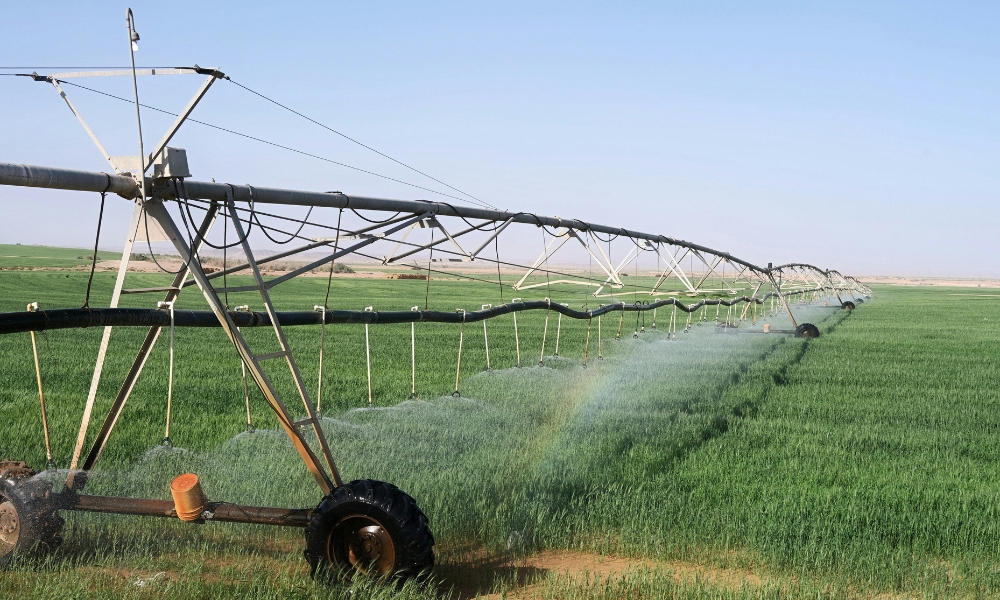Technology plays a pivotal role in transforming the agricultural sector, enhancing productivity, efficiency, and sustainability. Leveraging technology for agricultural development in The Gambia can address challenges such as low productivity, inefficient resource use, and limited market access.
The Role of Technology in Agriculture
Technology offers innovative solutions to improve agricultural practices, enhance resource use efficiency, and promote sustainable farming. By adopting technologies such as precision farming, IoT, data analytics, and mobile applications, farmers can optimize production, reduce waste, and increase profits.
Benefits of Leveraging Technology in Agriculture
Improved Productivity
Technology enhances agricultural productivity by optimizing resource use, monitoring crop health, and providing real-time data for informed decision-making. Precision farming tools, such as GPS-guided tractors and drones, enable farmers to apply inputs precisely, reducing waste and enhancing yields.
Efficient Resource Use
Technology promotes efficient resource use by monitoring soil moisture, nutrient levels, and weather conditions. IoT devices and sensors provide real-time data that help farmers optimize irrigation, fertilizer application, and pest management, reducing costs and environmental impact.
Enhanced Market Access
Technology enhances market access by connecting farmers directly with consumers, reducing intermediaries, and improving supply chain efficiency. Mobile applications and digital platforms enable farmers to access real-time market information, negotiate better prices, and reduce post-harvest losses.
Climate-Smart Agriculture
Technology supports climate-smart agriculture by providing tools for monitoring and adapting to climate variability and extremes. Climate information services, weather forecasting, and decision support tools enable farmers to make informed decisions, enhance resilience, and mitigate climate-related risks.
Implementing Technology in The Gambia’s Agricultural Sector
Farmer Training and Education
Providing farmers with training and education in technology use is essential for its successful adoption. Extension services, farmer field schools, and demonstration plots can equip farmers with the knowledge and skills needed to implement technology in agriculture.
Policy Support
Government policies that support technology adoption in agriculture, such as subsidies, incentives, and investments in research and development, can promote its widespread use. Additionally, integrating technology into national agricultural and innovation policies can enhance its mainstreaming.
Access to Finance
Limited access to finance poses a barrier to technology adoption, particularly for smallholder farmers. Government initiatives and partnerships with financial institutions can provide low-interest loans and grants to support the implementation of technology in agriculture.
Challenges in Leveraging Technology for Agricultural Development
Limited Infrastructure
Inadequate infrastructure, including poor internet connectivity, limited access to electricity, and insufficient technical support, hinders the adoption of technology in agriculture. Investments in infrastructure are essential for enhancing technology access and use.
Knowledge and Skills Gaps
Limited knowledge and skills in technology use among farmers hinder its adoption. Investments in education, training, and extension services can enhance farmers’ understanding and promote technology adoption.
Initial Investment
Technology adoption requires initial investments in equipment, software, and training. Limited access to finance poses a barrier to adoption, particularly for smallholder farmers. Government initiatives and partnerships with financial institutions can provide low-interest loans and grants to support technology implementation.
Success Stories of Technology in Agriculture
Several farmers in The Gambia have successfully implemented technology in agriculture, demonstrating the potential for enhancing productivity, efficiency, and sustainability. These success stories highlight the benefits of adopting technology and inspire other farmers to follow suit.
Conclusion
Leveraging technology for agricultural development in The Gambia offers numerous benefits, including improved productivity, efficient resource use, enhanced market access, and climate-smart agriculture. By providing farmer training and education, implementing supportive policies, and addressing the challenges of limited infrastructure, knowledge and skills gaps, and initial investment, The Gambia can promote the adoption of technology in agriculture and build resilient and sustainable farming systems.


